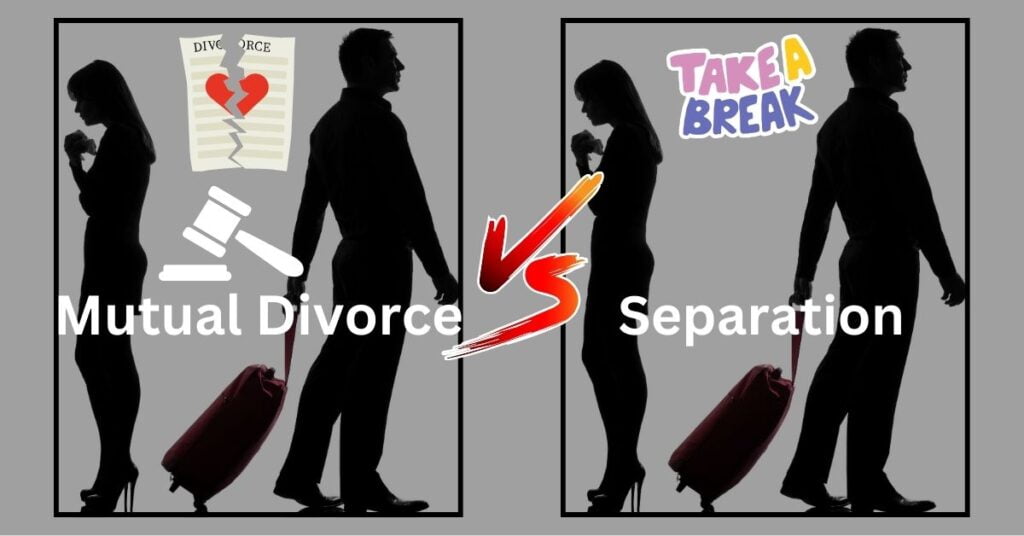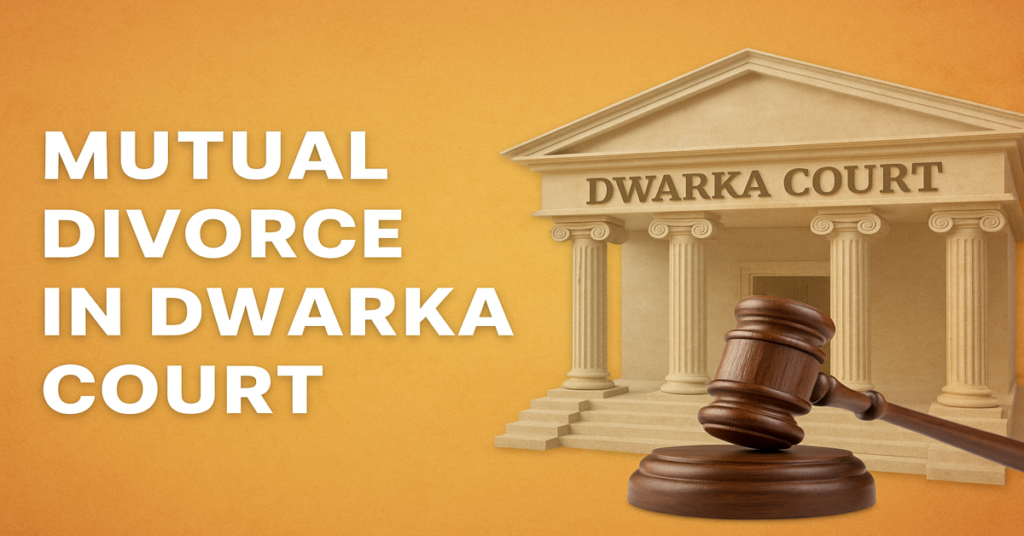In today’s ever-changing landscape of relationships, understanding the distinctions between mutual divorce and separation is crucial. In this article, we will explore these two options thoroughly to help you make an informed decision about your own situation.
Understanding Mutual Divorce
What is Mutual Divorce?
Mutual divorce, also referred to as uncontested divorce, happens when both spouses mutually decide to end their marriage. It represents a collective choice to separate amicably, without making accusations against each other.
Advantages of Mutual Divorce
- Reduced Emotional Stress: Since both parties agree, the process tends to be less emotionally taxing.
- Simplified Legal Process: Mutual consent eliminates the need for prolonged courtroom battles.
- Cost-Effective: It generally incurs fewer legal fees compared to a contested divorce.
Legal Process of Mutual Divorce
The legal process for mutual divorce involves several steps, including filing a joint petition, a mandatory waiting period, and the final decree of divorce. To understand the process followed in family courts in major Indian cities, refer to the ‘Stepwise Process of Mutual Divorce‘.
The Concept of Separation
What Does Separation Entail?
Separation is a phase where a married couple lives apart while still being legally married. It serves as an intermediary step before deciding whether to reconcile or proceed with divorce.
Benefits of Separation
- Reflection Time: It provides space for both partners to reflect on their relationship.
- Potential Reconciliation: Some couples find that separation leads to reconciliation.
- Legal Status: Unlike mutual divorce, it does not dissolve the marriage.
Legal Aspects of Separation
While separation doesn’t legally terminate the marriage, couples often choose to create a separation agreement outlining terms and conditions during this period. However, it’s not mandatory to enter into any separation agreement.

Mutual Divorce vs. Separation: A Detailed Comparison
Emotional Impact
- Mutual Divorce: Generally less emotionally draining due to the mutual agreement.
- Separation: Allows time for emotional healing and potential reconciliation.
Legal Formalities
- Mutual Divorce: Involves a legal process resulting in the dissolution of marriage.
- Separation: Maintains the legal status of marriage. Legal formalities are not required.
Financial Considerations
- Mutual Divorce: Division of assets and liabilities is formalized during the divorce process.
- Separation: Financial arrangements can be more flexible during separation.
Child Custody and Support
- Mutual Divorce: Child custody and support arrangements are established during the divorce proceedings.
- Separation: Couples can decide child-related matters on their own terms during separation.
Deciding Between Mutual Divorce and Separation
We advise couples to consider separation before opting for mutual divorce, as this period of physical and emotional distance can offer opportunities for healing and reflection. It allows both partners to assess their feelings and the possibility of reconciliation. Separation doesn’t carry the same legal and emotional weight as divorce, making it a gentler first step. It also provides a chance to negotiate important matters like child custody and financial arrangements with a clearer perspective. For couples facing challenges, this intermediary step can pave the way for a more amicable and informed decision regarding the future of their relationship.



